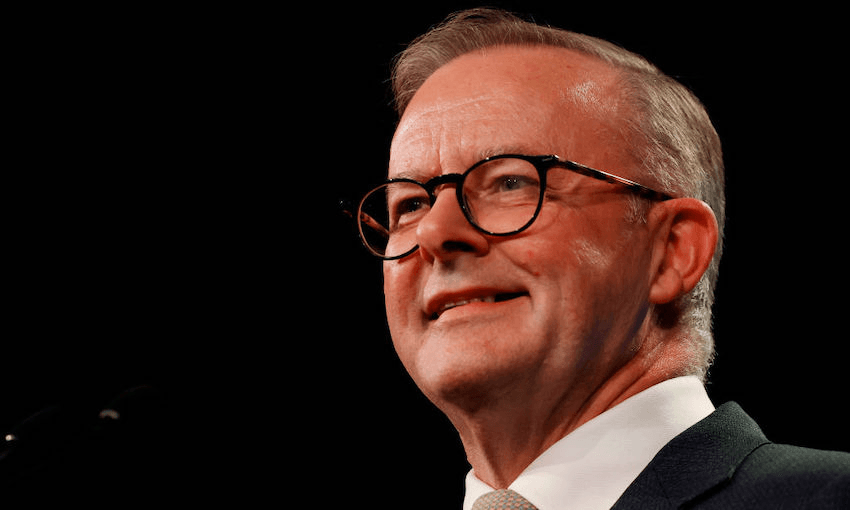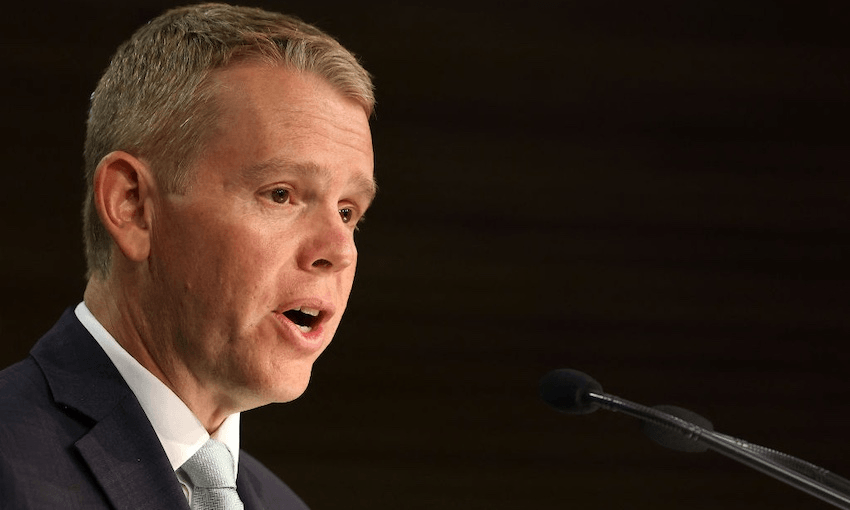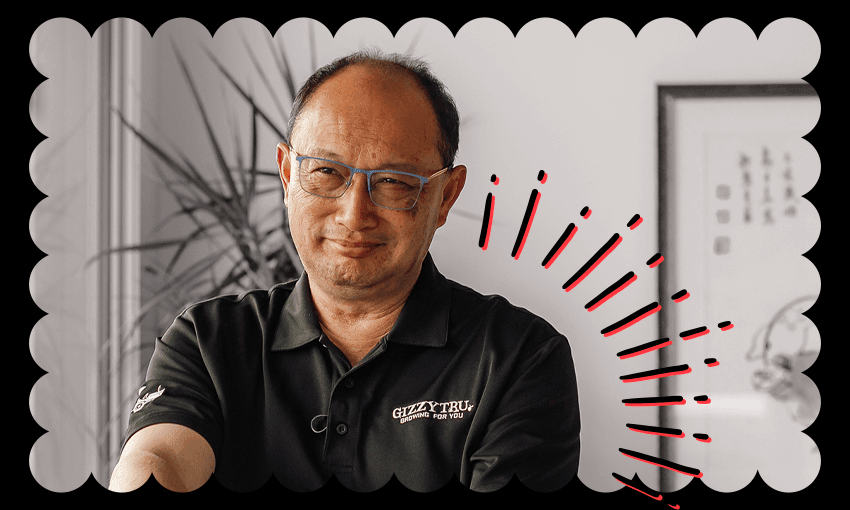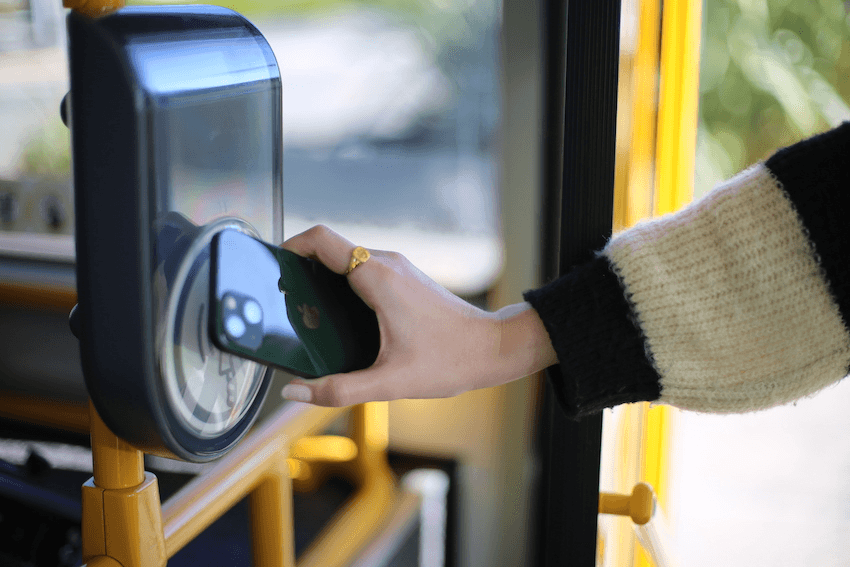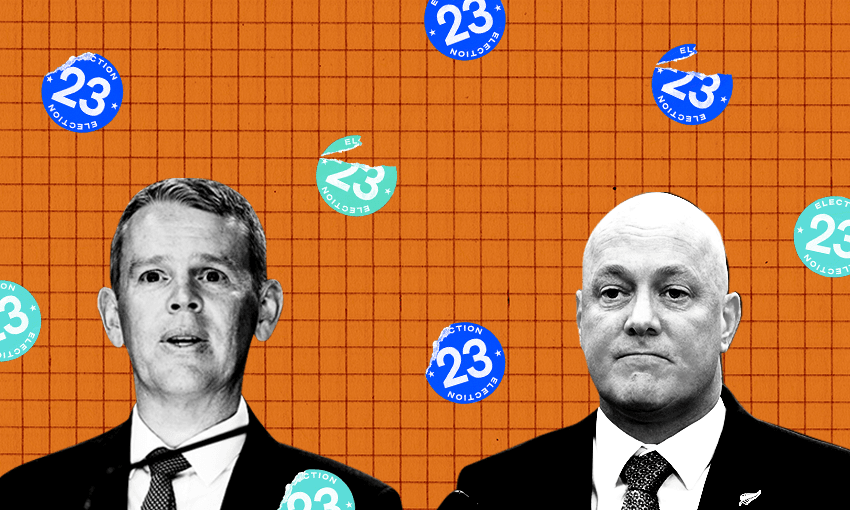The Australian Senate has today voted for a landmark referendum to be held on giving indigenous people a voice in Australian politics. If the issue is approved by public vote, it would change the Australian constitution to mandate permanent recognition and representation of First Nations Australians in the country’s government in the form of a Voice to Parliament. This body could provide advice and input into all matters of government policy that impact indigenous Australians lives. This would also include representation at local and state levels of government, as Australia has a federal system.
The vote follows decades of advocacy by First Nations people across Australia, including 2017’s First Nations National Constitution Convention, which produced the Uluru Statement from the Heart, which said that the sovereignty of Aboriginal and Torres Strait Islanders had not been ceded and coexists with the power of the Crown. It asks for a voice to parliament to be enshrined in the constitution and for a commission to oversee the agreements between forms of government and the telling of indigenous history.
“I say to my fellow Australians – parliaments pass laws, but it is people that make history. This is your time, your chance, your opportunity to be a part of making history,” said Australian prime minister Anthony Albanese.
Pat Anderson, an Alyawarre human rights activist, added: “You will give us the power when you vote yes, we have the mandate of the Australian people. And then we can talk as equals, more equal with the parliament and the executive of the day.”
Earlier this year, discussion on Australian social media compared the proposed Voice unfavourably to the Waitangi Tribunal, suggesting that the tribunal made binding decisions the New Zealand parliament had to follow. That is untrue.
The referendum will be held later this year.
You can read more coverage on The Guardian Australia here, and a full explainer of the indigenous voice referendum here.
